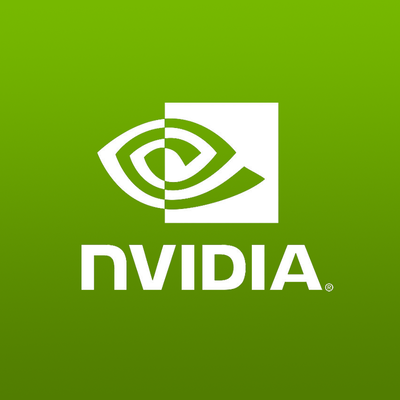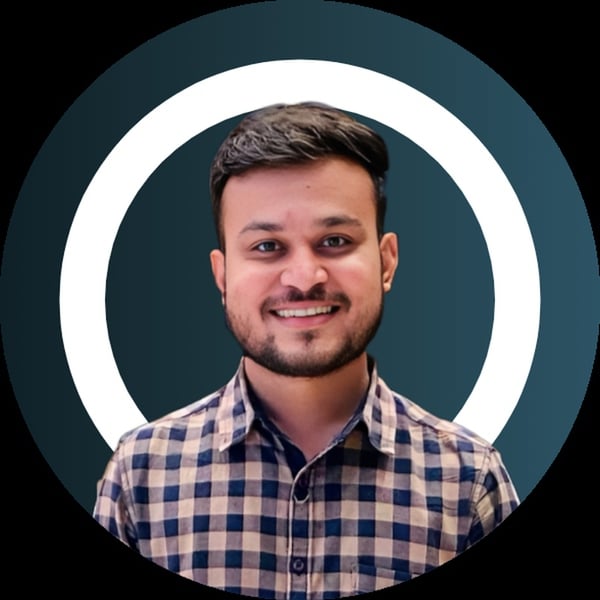Data structures and algorithms are fundamental to my work as a software engineer. They lay the groundwork for writing robust, efficient, and maintainable code.
During my university years, I had rigorous coursework on data structures and algorithms, which laid a strong foundation for my understanding of these topics. This has been supplemented by continuous learning and practical application throughout my career.
On the Data Structures front, I have experience with a wide array, from basic structures like arrays, linked lists, and stacks, to more complex structures like trees and graphs, alongside usage of hash tables, and understanding their respective use-cases and trade-offs.
As for algorithms, I'm familiar with sorting and searching algorithms, dynamic programming techniques, graph algorithms, and more. I've used these algorithmic concepts extensively while optimizing code, tackling complex problems, and reducing computational complexity.
In an actual project setting, I've leveraged efficient data structures and algorithms to improve the speed and performance of programs - a clear testament of theory meeting practice. For instance, while working on a large-scale project that involved processing a massive dataset, I utilized an efficient sorting algorithm and suitable data structures, which significantly improved the program's runtime.
In conclusion, my understanding and experience with data structures and algorithms have been instrumental in shaping me as an efficient problem solver and a skilled software developer.









